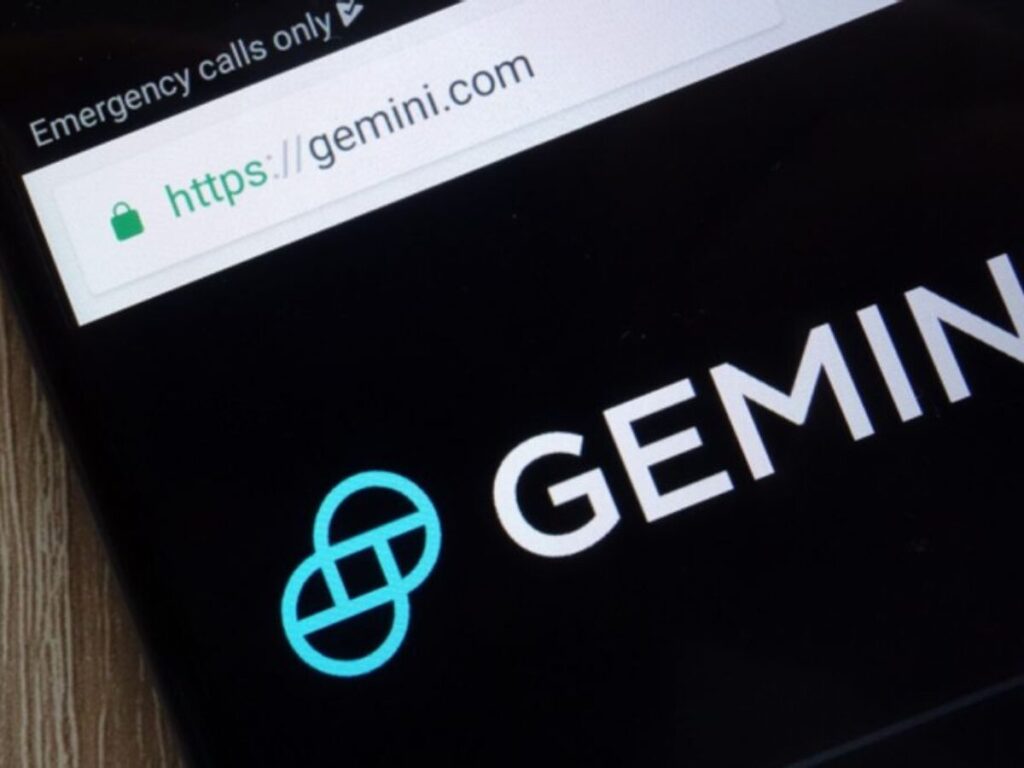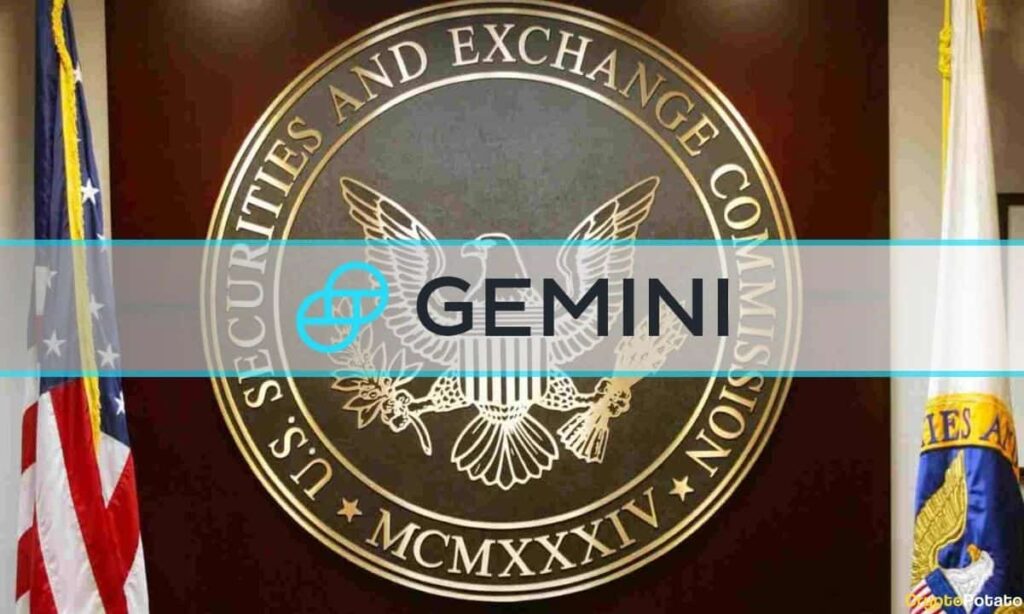In a recent development, crypto exchange Gemini has made a request to a federal judge to dismiss a lawsuit filed by the US Securities and Exchange Commission (SEC). The Winklevoss twins’ exchange is seeking the dismissal of allegations that its yield product, Earn, was selling unregistered securities. Gemini argues that the SEC has failed to establish a clear case and identify the specific security in question. This move by Gemini comes after other prominent crypto exchanges, including Binance and Coinbase, also filed requests to the SEC, citing overreach and improper jurisdictions. The outcome of these requests could have significant implications for the regulation of the crypto industry.
Crypto Exchange Gemini Requests Federal Judge to Dismiss SEC Lawsuit
Background of the Lawsuit
In a recent development, Gemini, the crypto exchange founded by the Winklevoss twins, has filed a response to the U.S. Securities and Exchange Commission (SEC) lawsuit. The exchange is seeking the dismissal of allegations over the sale of unregistered securities. This lawsuit has brought attention to Gemini’s yield product, Earn, and its Master Digital Asset Loan Agreement (MDALA), both of which are being targeted by the SEC for alleged securities violations.
Gemini’s Response to the Lawsuit
Gemini has responded to the SEC’s lawsuit by filing a motion to dismiss. In the filing, Gemini argues that the SEC has failed to establish a clear case that the Earn product and MDALA are selling unregistered securities. The exchange maintains that it has not violated any securities laws and that the SEC’s claims are baseless.
SEC’s Claims and Gemini’s Arguments
The SEC has specifically accused Gemini of offering securities through its Earn program and MDALA to approximately 340,000 investors. Gemini, however, disputes these claims and argues that the SEC has not been able to identify the specific securities it claims Gemini has sold. Gemini’s lawyer, Jack Baughman, has criticized the SEC’s position, stating that the regulator is “floundering” and cannot even decide what the security at issue is. Baughman argues that the SEC’s claims are absurd and lack merit.
Gemini Earn Program and MDALA
The Gemini Earn program allows users to lend out their crypto holdings, such as Bitcoin, to Genesis, a now-bankrupt financial services firm. This lending program is a key component of the SEC’s allegations against Gemini. The MDALA, on the other hand, is a digital asset loan agreement that is used in conjunction with the Earn program. Both of these offerings have come under scrutiny from the SEC, leading to the current lawsuit.
The Weakness of SEC’s Position
Gemini has highlighted what it perceives as weaknesses in the SEC’s position. The exchange argues that the SEC must first identify the specific unregistered security it claims Gemini is selling. Furthermore, Gemini asserts that the SEC must also identify the sale of such security. By pointing out these weaknesses, Gemini aims to undermine the SEC’s case and strengthen its own position.
Gemini’s Motion to Dismiss
Gemini has taken a proactive approach to the SEC’s lawsuit by filing a motion to dismiss. In this motion, Gemini asserts that it has not violated any securities laws and that the SEC’s claims are unfounded. The exchange argues that the SEC has overstepped its authority and is disregarding established securities laws. By seeking a dismissal of the lawsuit, Gemini is hoping to put an end to the legal battle with the SEC.

Other Crypto Exchanges’ Requests to the SEC
Gemini is not the only crypto exchange that has taken issue with the SEC’s actions. Other exchanges, including Binance, Coinbase, and Bittrex, have also filed requests to the SEC, contesting the regulator’s overreach and alleged disregard for securities laws. These exchanges argue that the SEC’s actions are improper and that the regulator does not have jurisdiction over certain aspects of the crypto industry.
Gemini vs SEC – A Brief Background
The current lawsuit between Gemini and the SEC is not the first time the two entities have clashed. In a lawsuit filed in January, the SEC alleged that Gemini and Genesis Global had sold unregistered securities to retail investors through the Gemini Earn lending program. Both Gemini and Genesis were accused of raising billions of dollars from hundreds of investors while bypassing disclosure requirements. This previous lawsuit has set the stage for the current legal battle.

Allegations Against Gemini and Genesis
The SEC’s allegations against Gemini and Genesis are significant. The regulator claims that both parties sold unregistered securities to retail investors, effectively violating securities laws. The allegations suggest that Gemini and Genesis were involved in misconduct that harmed investors and exposed them to unnecessary risks. These allegations have serious implications for both the exchange and the financial firm.
Genesis’ Bankruptcy and Investor Assets
A noteworthy development in this case is the bankruptcy of Genesis Global. The company held $900 million in assets from 340,000 Gemini Earn investors before filing for Chapter 11 bankruptcy. This bankruptcy adds another layer of complexity to the lawsuit, as it raises questions about the handling of investor assets and the potential implications for Gemini. The SEC’s allegations, coupled with the bankruptcy of Genesis, have created a challenging situation for all parties involved.
In conclusion, the lawsuit between Gemini and the SEC raises important questions about the regulation of the crypto industry. Gemini’s motion to dismiss highlights what it perceives as weaknesses in the SEC’s position, while other exchanges have also voiced concerns about the regulator’s actions. The outcome of this legal battle will have significant implications for the future of crypto exchanges and the enforcement of securities laws in the digital asset space.















